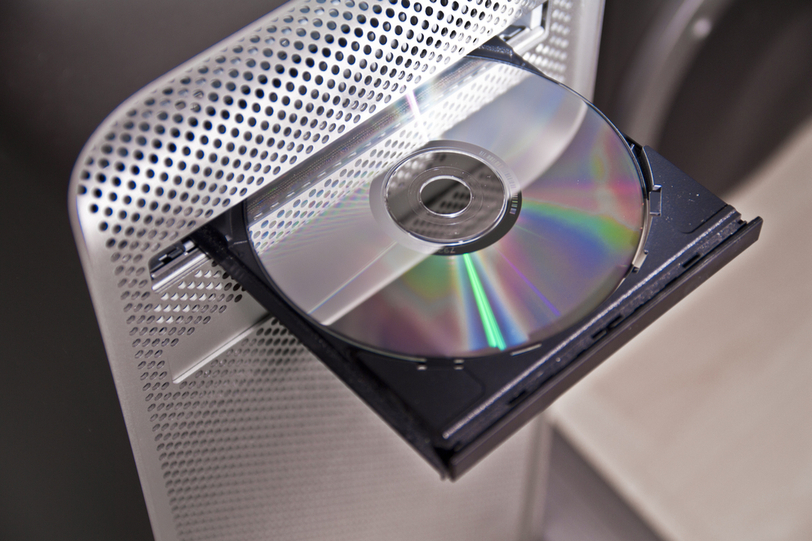PRIMARY AND SECONDARY STORAGE DEVICES
Primary storage and
secondary storage are two different types of computer storage.
Ø Primary storage, also known as main
memory or RAM (Random Access Memory), is a type of computer memory that is used
to store data temporarily. It is much faster than secondary storage and is used
to store data that is being actively used by the operating system and
applications. When the computer is turned off or restarted, the contents of
primary storage are lost.
Ø Secondary storage, on the other hand,
is used to store data permanently. Examples of secondary storage devices
include hard disk drives (HDD), solid-state drives (SSD), floppy disks, CDs,
DVDs, and USB flash drives. These devices provide much larger storage
capacities than primary storage and are used to store files, documents,
pictures, videos, and other data that needs to be saved and retrieved at a
later time.
In general,
primary storage is more expensive per unit of storage than secondary storage,
but it is faster and more reliable. Secondary storage is slower than primary
storage, but it provides larger storage capacities and is more affordable. To
optimize the performance of a computer, it is important to have a good balance
between the two types of storage.
Ø PRIMARY STORAGE DEVICES: ‘’RAM’’
SECONDARY STORAGE DEVICE:
‘’HDD’’,’’DVD’S’’

No comments:
Post a Comment